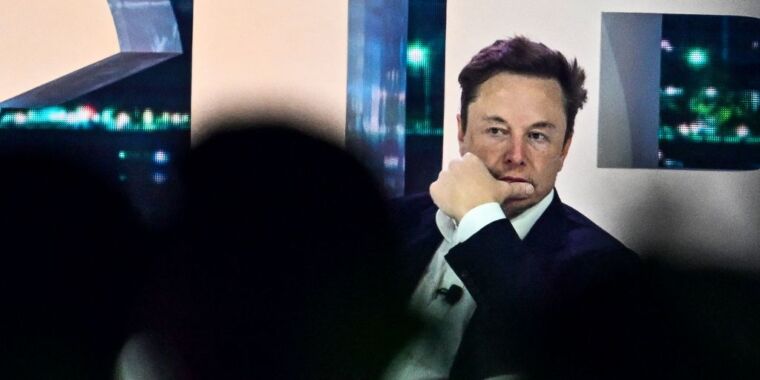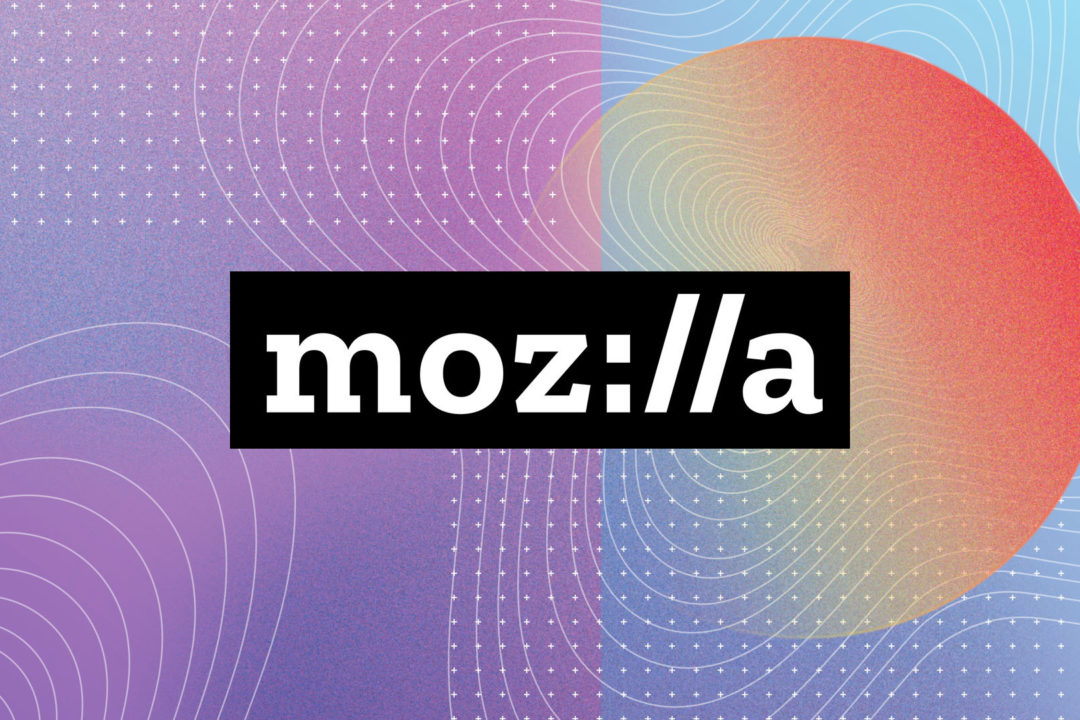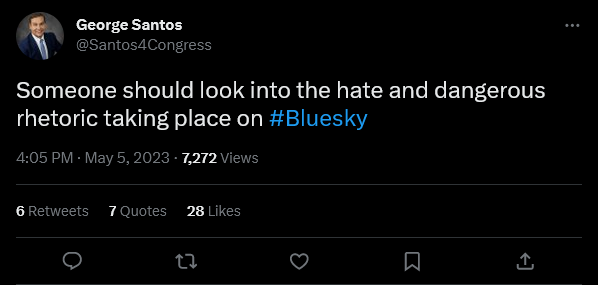Twitter reversed what may have been its least popular change yet under Musk.

arstechnica.com
Twitter reversed what may have been its least popular change yet under Musk.
ASHLEY BELANGER - Today at undefined
Of all the changes Elon Musk has made to Twitter, blocking emergency and public transit services from tweeting automated alerts might have been his least popular. User backlash roared, as National Weather Service accounts got suspended. Then, one of the country's largest public transit services, Metropolitan Transportation Authority (MTA), had so much trouble tweeting,
it decided to quit posting updates to Twitter.
Alarmed Twitter users who depend on these updates can perhaps rest easier now, though. Musk has abruptly reversed course. On Tuesday afternoon, the
@TwitterDev account confirmed that, once again, at least some public services have been granted free access to Twitter's API, so they can continue tweeting out important updates.
"One of the most important use cases for the Twitter API has always been public utility," @TwitterDev's tweet said. "Verified gov or publicly owned services who tweet weather alerts, transport updates and emergency notifications may use the API, for these critical purposes, for free."
One of the most important use cases for the Twitter API has always been public utility. Verified gov or publicly owned services who tweet weather alerts, transport updates and emergency notifications may use the API, for these critical purposes, for free.
— Twitter Dev (@TwitterDev)
May 2, 2023
Many news outlets speculate: What does Twitter mean by "verified" in this tweet? It's currently unclear if Musk plans to charge government or publicly owned services for a verified badge to get free access to the API or if these accounts can also be verified for free, as many
celebrity accounts with more than 1 million followers have been. MTA has just as many followers to qualify for the latter, but smaller local accounts posting weather alerts or public transit updates might not.
In February, when Twitter announced that it would
cut off free access to its API—and instead charge $100 a month for a basic tier or
$42,000 a month for top-tier subscribers—Musk pondered giving verified users free access to the API.
"I guess we could give all verified users access to the API for posts like this," Musk
tweeted, responding to a Twitter user complaining about a favorite bot being potentially killed off by the new paid tiers.
This could hint that Musk plans to rope weather and emergency services into paying for verification. However, a base subscription to verify organizations in the US
costs $1,000 a month, plus $50 a month for each affiliate account. And it seems unlikely that organizations that have already found other solutions to share updates with their audiences—including MTA interacting with users on Meta-owned WhatsApp,
Business Insider reported—will be willing to pay any amount to continue posting automated tweets.
The
MTA tweeted yesterday that while it's "happy" that Twitter "got the message" and "committed to making API access free for the MTA and other public sector agencies," they wouldn't necessarily be resuming automated tweets. Instead, MTA plans to assess their "options for service alerts going forward."
Ars could not immediately reach MTA for comment. Twitter still responds to comment requests with a poop emoji.
Twitter continues deprioritizing third-party content
Other services disrupted by Twitter's decision to charge for API access include the United States Geologic Service, the US Forest Service, and Bay Area Rapid Transit,
The Verge reported. In April,
Mashable reported that subscribing to the basic paid tier for API access could require services to alter how their automated tools work, which may not be worth the effort. Because MTA says that Twitter has become unreliable, public sector agencies likely view putting time and energy into updating Twitter services as a gamble, so long as Musk continues radically updating the platform every few months. If Musk's goal is to close off Twitter from third-party ecosystems, as Mashable suggested, more changes could be coming, which could mean further disruptions.
It seems Musk is prioritizing Twitter-hosted content above all else in his seemingly unending efforts to monetize Twitter in every way possible. This week, Musk
tweeted that posts featuring text, images, and videos uploaded to the platform would be boosted and rewarded for views, above posts featuring links to text, images, and videos hosted elsewhere.
"The more screentime users spend looking at a post, whether text, pic, or video, the more it is boosted," Musk tweeted. "Video posted natively to this platform will be boosted more than an external link, because way more time is spent watching a video than clicking on a link."
Creators who want to share the highest-quality content are supposed to ignore that currently on Twitter, "our video upload is so bad!"
Musk says. "I recommend 480p for video longer than 10 mins, as that resolution is fine for phone/laptop users."
Every decision Musk makes that risks alienating popular accounts, whether it's creators or public sector agencies, threatens the appeal of Twitter for everyone on the platform. Musk may be messing too much with what Business Insider described as a "delicate balance" between popular accounts and their audiences. The more useful or entertaining an account is, the more useful and entertaining Twitter is for users, and the more likely accounts are to continue making posts and attracting users.
While Musk continues messing with Twitter, his decision to backtrack on blocking emergency services that don't pay for API access is a welcome one. It's also possibly a sign that he recognizes that "Twitter may need reliable real-time information more than the providers need Twitter," Business Insider reported.
Whether it's too late to woo back accounts like MTA has yet to be seen, as the transit authority may still be bristling from Musk's alleged prior demand that it pay $50,000 a month to continue posting automated tweets,
Bloomberg reported. When MTA declined to pay, a person familiar with the matter told Bloomberg that MTA's decision came as a "surprise" to Musk. It's still uncertain if MTA will resume posting automated updates on Twitter.
One reason MTA might return to Twitter is if the platform proves its value, though. After the pandemic dramatically decreased MTA ridership, MTA considered raising fares and tolls to close revenue gaps while reducing services to adjust to "new normal" ridership, the New York state comptroller
reported. At a time when MTA is hoping to encourage people to return to its public transit options, Twitter could be an effective outreach tool if MTA could depend on it.
millennial childhood icons showing up in the 11th hour to take out Boomer / Gen X neo-fascists would be


millennial childhood icons showing up in the 11th hour to take out Boomer / Gen X neo-fascists would be






 www.techdirt.com
www.techdirt.com










mozilla.social

blog.mozilla.org



